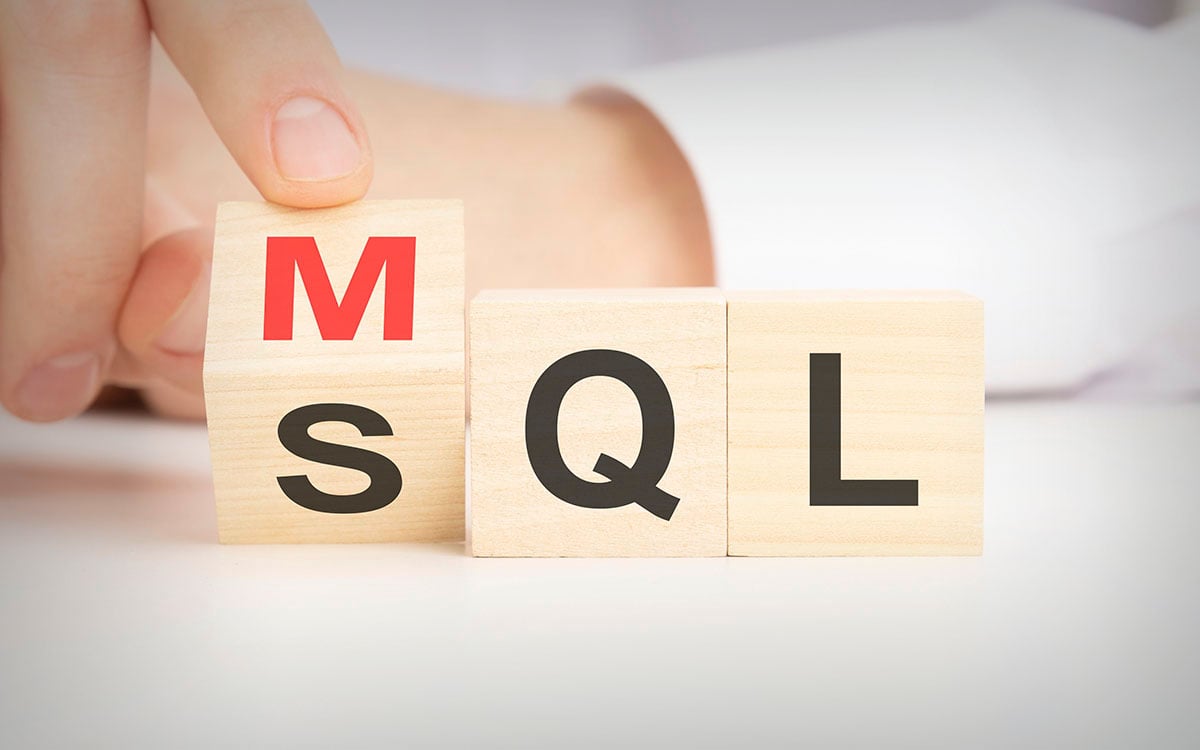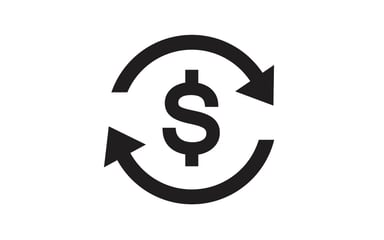MQL to SQL - A Guide to Lead Qualification
What is lead qualification?
Lead qualification is the process of identifying and assessing the value of a prospective customer, also known as a lead. This process involves gathering data points regarding needs, budget, and purchase intent. This helps determine if leads are a good fit for the company's products or services and if they are likely to purchase.

Lead qualification aims to focus sales efforts on the most promising leads, which increases the chances of closing a sale and improves overall sales productivity. By prioritizing the best leads, less time is wasted on leads that don't want to be contacted or are unlikely to convert.
There are several key steps to qualifying sales leads:
- Establish qualifying criteria: Develop a lead scoring model based on your target audience and ideal customer profile, product, and pricing.
- Gather data: Collect as much information as possible about the lead, such as their contact information, company information, pain points, budget, and purchase intent.
- Analyze data: Analyze the lead's potential value to your company. Look for patterns and key indicators that suggest they are a good fit for your products or services and are likely to make a purchase.
- Assess needs: Understand the lead's needs and pain points. Determine if your products or services align with their needs and if you can provide them with the best solution to their problem.
- Determine budget: Understand the lead's purchasing power and if it aligns with your pricing.
- Prioritize leads: Based on your analysis, prioritize leads by their potential value to your company. Focus your sales efforts on the most promising leads.
Lead qualification is an ongoing process and should be done at every stage of the sales process. Continuously monitoring and updating the information you have on a lead can help you identify new opportunities and stay informed of their buying journey.
What is a marketing-qualified lead?
A marketing qualified lead (MQL) is a lead that the marketing team has determined to have a high likelihood of becoming a customer. Qualifying criteria can include the lead's engagement with the company's marketing efforts, lead demographics, budget, and needs.
A company's marketing plan should aim to attract the most qualified leads and should generate a high quantity of MQLs. This will create a more meaningful conversion rate, as marketing-generated leads will be better qualified than cold leads.
MQLs are typically considered further along in the buying process than cold leads. They are ready to be passed on to the sales team for further follow-up and potential conversion into a customer.
MQLs often go through lead scoring - assigning a numerical value to a lead based on certain characteristics and behaviors. This scoring helps to prioritize leads for further follow-up and helps to determine which leads are the most likely to convert into customers.
It's important to note that MQLs are not the same as Sales Qualified Leads (SQLs). SQLs are leads that have been qualified by the sales team and are ready to engage with a salesperson. They have met certain criteria and have shown a strong intent to purchase.
What is a sales-qualified lead?
A sales-qualified lead (SQL) is a lead that has been identified and qualified by the sales team as having a high likelihood of becoming a customer. Typically this means that the lead has met MQL criteria and indicated a desire to speak to a sales representative.
The lead scoring system for a lead to be considered an SQL can vary depending on the company, but it typically includes factors such as:
- The lead's engagement with marketing campaigns
- Their budget and needs
- Their level of engagement and interaction with the company
- Their buying intent
How likely is an MQL to become a customer?
The likelihood of an MQL becoming a customer can vary depending on factors such as engagement with marketing efforts, needs, and budget. However, in general, MQLs are considered to be further along in the buying process than other leads and have a higher likelihood of converting into a customer.
MQLs typically engage more with the company's marketing efforts than other leads. This engagement can include visiting the company's website, interacting with social media posts, opening emails, or reading blogs. They have also met certain qualifications established by the marketing team.
It's also important to note that even though an MQL may have a higher likelihood of becoming a customer, it's not a guarantee they will do so. It's essential to nurture and follow up with MQLs, and to track their progress through the buying journey to help increase the chances of closing a sale.
How likely is an SQL to become a customer?
SQLs have the highest likelihood of becoming customers.
SQLs go through a lead-scoring process. A numerical value is assigned to a lead based on certain characteristics and behaviors, indicating that they are more likely to convert into customers. Additionally, SQLs often come from the marketing team. They have shown a high level of engagement with the company's marketing efforts, such as visiting the company's website, downloading a whitepaper, or attending a webinar.
It's important to note that even though an SQL may have a higher likelihood of becoming a customer, it's not a guarantee that they will do so. The sales team needs to engage and nurture leads by understanding their needs and providing them with the right information to make an informed purchase decision.
The likelihood of an SQL becoming a customer depends on various factors such as budget, company size, decision-making process, and the stage of their buying journey.

What percentage of MQLs become SQLs?
Typically, the percentage of MQLs that become SQLs is relatively low. Not all leads that engage with the company's marketing efforts will be qualified or ready to engage with a sales representative. However, the percentage of MQLs that become SQLs can be increased by implementing effective lead scoring, lead nurturing, and tracking them with lead management software.
It's important to note that the percentage of MQLs that become SQLs can be a good metric to track the effectiveness of marketing and sales alignment. If the percentage is low, it may indicate that the marketing team is generating a large number of unqualified leads. It can also mean the sales team is not effectively following up on leads.
The percentage of MQLs that become SQLs can change based on lead qualification criteria and the evolution of the company's sales and marketing strategies.
What tools can I use to score and qualify leads?
Various tools can be used to score and qualify leads.
Marketing automation platforms allow you to track and score leads based on their engagement with marketing campaigns and websites.
CRM (Customer Relationship Management) helps you manage and score leads by tracking their interactions with your company and sales team.
Lead management software handles your leads from the point of capture to sale. It allows marketing and sales teams to work together to establish smart scoring criteria and prioritization rules and routes the most valuable leads directly to sales agents.
Wrap Up
Regardless of your lead source, whether you buy leads or generate your own, leads must be qualified.
Lead qualification involves identifying and evaluating the sales potential of leads and prioritizing the best ones. This includes collecting information on their needs, budget, and buying intentions to determine if they are a suitable match for the company's offerings and if they are likely to purchase.
You'll increase your qualified leads if you dial in your marketing campaigns, align your marketing and sales teams, and establish a strong lead-scoring system. More qualified leads mean higher contact rates and more sales.
Learn more about lead management software





